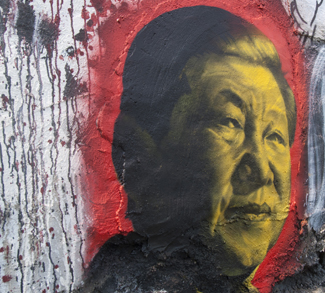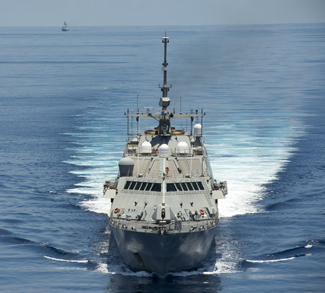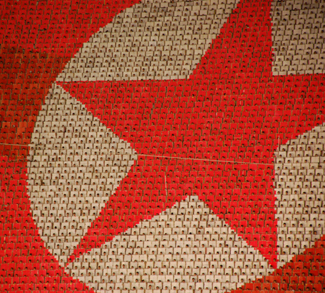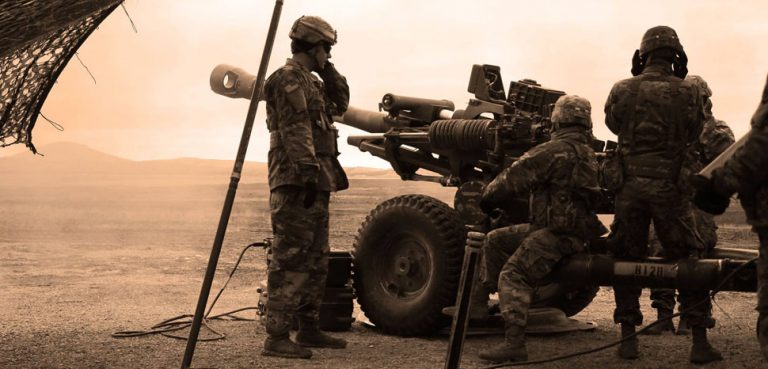Summary
After a string of escalations that many worried would end in nuclear war, the crisis on the Korean Peninsula has been put on pause ever since the September 15 test of a Hwasong-12 ICBM.
From a geopolitical standpoint, nothing has changed: the Trump administration continues to hint at unilateral military action; there is no official negotiation mechanism to speak of; China is soft peddling on sanctions against Pyongyang, and the Moon administration is still trying to reconcile its desire for peace with the stonewalling it’s getting from the Kim Jong-Un regime.
So why the lull now? There are a few possibilities. One is that the North Koreans are simply running out of the advanced liquid-fuel engines used in their ICBMs. Another is that negotiators are moving behind the scenes to bring about a thaw, one that would allow a newly emboldened President Xi Jinping to take center stage as regional peacemaker.
Impact
A PRC-ROK rapprochement is in the works. Fresh from his historical consolidation of power at the 19th Party Congress, Xi Jinping has set about mending ties with Seoul. South Korea’s Foreign Ministry put out a statement on Monday declaring that the two nations had agreed to put bilateral relations back on a “normal development path.” Their first opportunity to do so will come at the APEC summit in Vietnam next month, where a sideline meeting has been penciled in for China President Xi Jinping and South Korea’s Moon Jae-in.




